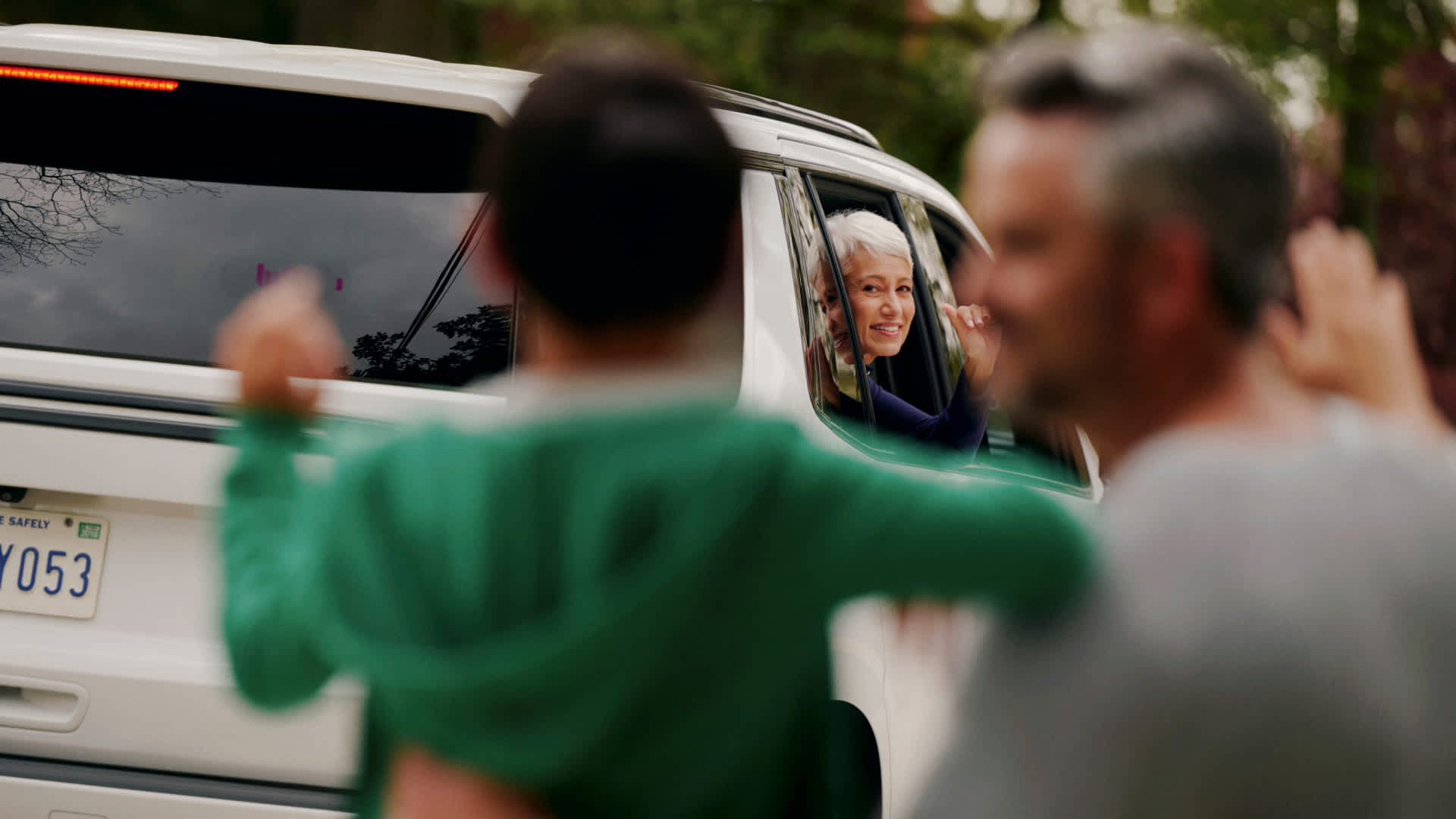
America is going gray. The median age of adults in the US is currently 38.5 years, up from 35.3 in 2000, and will surpass 40 by 2030 when one in five adults will also have hit retirement age.
Of course, this demographic shift will put demands on healthcare, assisted living facilities, and social security. But it will also have implications for transportation: Each year, 600,000 older adults choose to give up their keys in the face of declining vision, reflexes, and hearing. Today, 1 out of five older adults no longer drive.
In order to help meet the transportation needs of this growing population, Lyft is launching Lyft Silver: a product designed specifically for the older user, with a simplified interface, access to live phone support, a preference for vehicles that are easy to get into, and the ability for caregivers to easily send gift cards and follow rides on the app. The goal is to give older adults more confidence with the app, so they can get where they need to go all by themselves.
This is no small feat – transportation is what connects us to the world. For one, it’s a crucial part of accessing healthcare: without it, older adults tend to miss medication, and have fewer visits with the doctor. Indeed, older adults are more likely to take a Lyft ride to healthcare than a typical rider.

But seniors' lives are much more than going to healthcare appointments. They are also more likely to use Lyft to go to a United States Post Office and visit the bank, two destinations that can be essential for daily function and connection.
Seniors further use rideshare to be part of the community. They often take a Lyft ride to community buildings, like a place of worship or a library, which can stave off social isolation. This matters for their mental health: a recent study found that driving cessation among older adults is associated with a 51-percent reduction in the size of social networks of friends and relatives, and an increased risk of depressive symptoms.
National surveys also shed light on the relationship between transportation and mental health: Older adults who reported sufficient access to transportation reported feeling lonely ⅓ as much as those who often did not.

This isn’t a coincidence: transportation access is associated with seniors socializing more often throughout the week, and more regular attendance at clubs.
Taken together, the data make a strong argument: when transportation is a limiting factor for the well-being of older adults, providing rides means improving lives.

Research has shown just that. Back in 2019, Lyft participated in a study in which 150 older adults were given free rides for three months. The participants ended up taking about one ride a day–sometimes to medical appointments, but also for errands, or social visits. As one participant describes: “I go to the library, to the market, to Home Depot to see what the new tools are. I just like getting out and talking to people sometimes– I’ve always been that way.” While another participant reflects: “It provides us an opportunity to get out and be among the living.” Indeed, when the participants were surveyed afterward, 66% said they saw a boost in social visits, and 90% of them reported a better quality of life over the course of the study.
As we batten down the hatches and prepare for an older America, Lyft Silver is there to make sure that everyone remains along for the ride.

